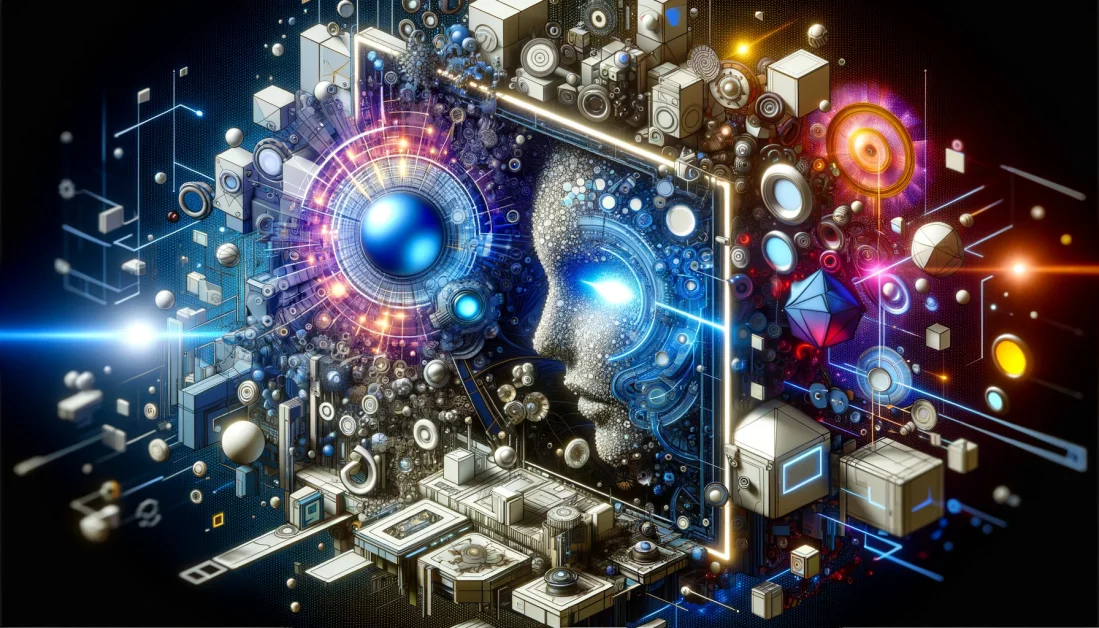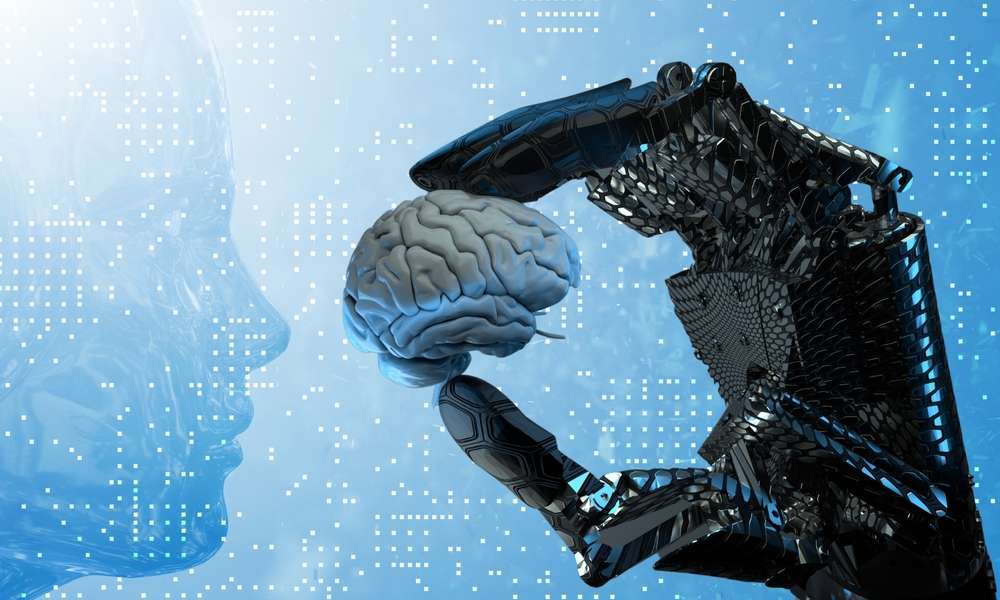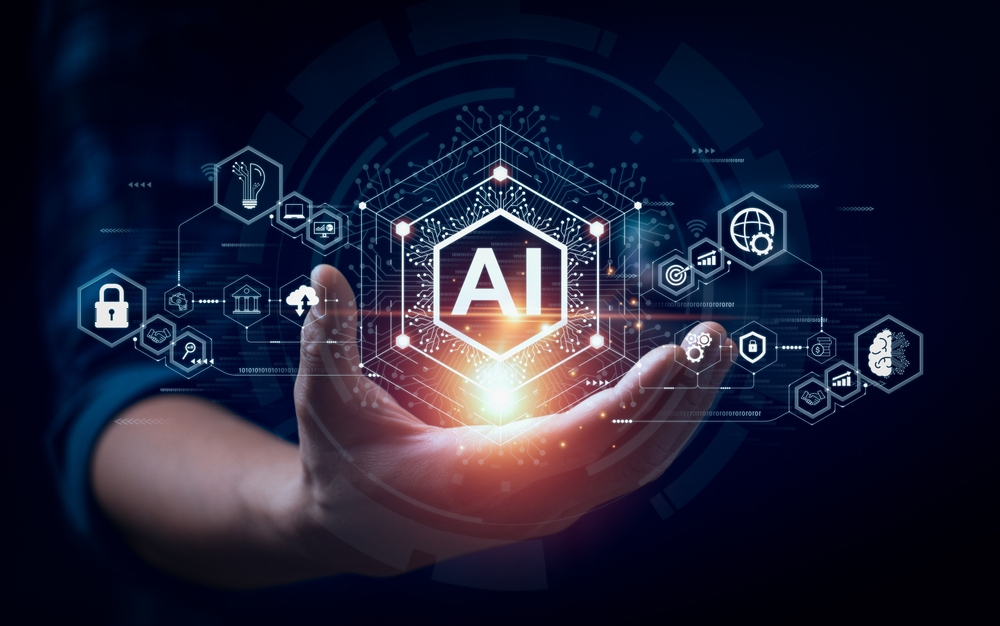Artificial intelligence (AI) is rapidly transforming our world, seeping into every facet of our lives from the way we work to how we interact with technology.


Artificial intelligence (AI) is rapidly transforming our world, seeping into every facet of our lives from the way we work to how we interact with technology.

In recent years, diffusion models have undergone a transformative evolution, extending far beyond their initial applications in AI art and synthetic image generation. While these models were initially recognized for their visually captivating outputs, they have now transcended into a realm of practical utility, making significant strides in fields such as drug design and continuous control. Traditionally, these models were trained through the maximization of likelihood estimation and aligning with training data, but a paradigm shift is occurring. This post introduces a groundbreaking approach – the direct training of diffusion models on downstream objectives through reinforcement learning (RL).

In a groundbreaking move aimed at fortifying the defense against misinformation in the run-up to elections, OpenAI, the artificial intelligence startup, has announced an array of innovative tools. These tools, meticulously crafted to attribute information from the ChatGPT chatbot and verify the origin of images produced by the Dall-E 3 image-generator tool, signify a crucial step in addressing the escalating concerns surrounding the potential influence of AI-generated content on electoral processes.

In a pivotal moment for the intersection of artificial intelligence (AI) and intellectual property rights, the UK Supreme Court has slammed the door on AI inventor rights, at least for now. The landmark decision in the case of “Dabus,” an AI system created by Dr. Stephen Thaler, throws cold water on claims that machines can independently invent and own patents. However, while the immediate verdict may seem like a definitive blow to AI creativity, the ripples of this case are far from settled. Let’s delve deeper into the court’s reasoning, the implications for the future of AI, and the potential avenues for future debates and legal reform.

In a groundbreaking convergence of intellect and innovation, the Massachusetts Institute of Technology (MIT) played host to an entire week dedicated to the exploration of generative artificial intelligence (AI). This immersive experience, aptly named MIT Generative AI Week, unfolded during the last week of November, drawing together a vibrant community of faculty, staff, and students from diverse disciplines within the institution.